
August 25, 2025: Theatre Yesterday and Today, by Ron Fassler.
A dozen years ago, I had the pleasure of sitting across the table from the recently departed Jerry Adler at the Empire Hotel in Manhattan. He had graciously accepted my invitation to lunch and chat about his life in the theatre for my first book Up in the Cheap Seats. It was thrilling to get the opportunity to hear his yarns straight from the horse’s mouth as his was a ubiquitous presence as both stage manager and director during my formative theatergoing years in the late 1960s and early 70s. He generously shared stories in such quantity that, to paraphrase Jimmy Durante, “he had a million of ‘em.” In fact, one year ago at age ninety-five, he published a book he titled Too Funny for Words: Backstage Tales from Broadway, Television, and the Movies, where he delightfully reflects on more than seventy years in show business, both behind the scenes and in front of audiences. As enjoyable a read as it is, I treasure the memory of listening to him tell them in his wonderfully gruff, Jewish-inflected Brooklyn accent, which reminded me of my dad’s, another Brooklynite (they were born five years apart, both in Flatbush).
Adler died this past weekend at age ninety-six. His career was truly unique and one that came about through a combination of inertia and nepotism. He was born into a Yiddish speaking, observant Jewish household, the son of Pauline (née Goldberg) and Philip Adler, who was a general manager of the Group Theatre, the famous troupe of actors, writers and directors that jump-started a more realistic movement in the American theatre. Jacob Adler, Russian-born and the biggest star in the Yiddish Theatre, was his great-uncle and father to his cousins Stella and Luther—also born out of the Group Theatre. But the theatre wasn’t really on young Jerry’s radar until 1951 when, at age twenty-two, someone made him an offer he couldn’t refuse. “I got my first job when I was at Syracuse University and my father, the general manager of Gentlemen Prefer Blondes, called me (because) there was an opening for an assistant stage manager. I skipped school.” From there, Adler quickly made himself indispensable, rising through the ranks. Five years later, he was happily in on the creation of one of the greatest of all American musicals: My Fair Lady. His father was the general manager, and the stage manager was Samuel Liff, who went on to a career as a producer and as head of the theatre department at the William Morris Agency. Adler shared his assistant stage manager duties with Bernard “Bernie” Hart, brother of My Fair Lady’s director, Moss Hart. It didn’t hurt that Adler had the connections he did and work among a group of similarly lucky men and women. “I’m a creature of nepotism,” he told TheaterMania in 2015.
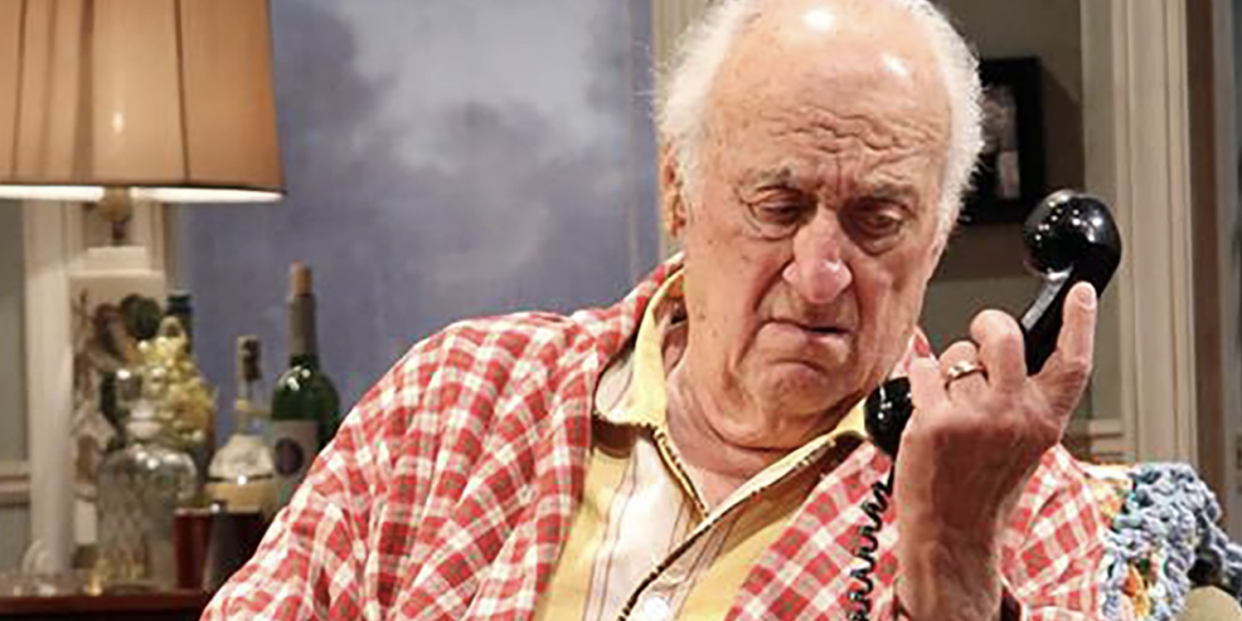
Adler made his directing debut in 1973 with Peter Cook and Dudley Moore in their sketch comedy show, Good Evening (1973), which won them a special Tony Award. Adler followed that with the hit Sammy Cahn revue Words and Music. His finest achievement was the 1976 Broadway revival of My Fair Lady, which garnered Adler a Drama Desk Award nomination. Using his first-hand knowledge of the original production, it starred Ian Richardson, Christine Andreas, and George Rose, and was a remarkably faithful recreation that was a master class in preserving a great musical without serving it up as an antique. Other shows that bore Adler’s stamp as director were less successful. His name is credited on five that altogether totaled 31 performances, with one so bad it closed in previews. This was when he took over directing a musical version of Antoine De Saint-Exupery’s The Little Prince (titled The Little Prince and the Aviator). As a last-minute replacement, he had about as much chance of steering it to success as the Titanic after it hit the iceberg.
After Play Me a Country Song (1982), an original Broadway musical he directed that opened and closed on the same night, Adler felt the itch to switch things up. By that time, his resume included work on fifty-three Broadway shows, but he chucked it and went off to Los Angeles to work exclusively in television. He went back to stage managing, only this time on the NBC soap opera, Santa Barbara. Good steady work, if not exactly inspiring. About ten years later, at sixty-three, just at the time Adler was starting to think about retirement, a call came from a friend of his daughter’s, also in the business. It was Donna Isaacson, a casting director who was working on the Joe Pesci film The Public Eye (1992). She was trying to fill the part of a crusty newspaper columnist and called Adler directly. Isaacson told him, “The director keeps describing you when he describes this character.” This aroused Adler’s curiosity as he had been on the other side of the table at countless auditions. Admitting to never having acted before, after his reading, the film’s writer-director Howard Franklin reported that he had “chills."
Shortly thereafter, Woody Allen cast him in a major role in Manhattan Murder Mystery (1993) and it was off to the races. In very quick order, Adler became one of the busiest character men in film and television. His major credits included twenty-eight episodes of The Sopranos, as the Jewish gangster Hesh Rabkin, thirty-four episodes of Rescue Me as Fire Chief Sidney Feinberg, and thirty-two episodes as Howard Lyman (quite the piece of work) on The Good Wife and its sequel, The Good Fight.
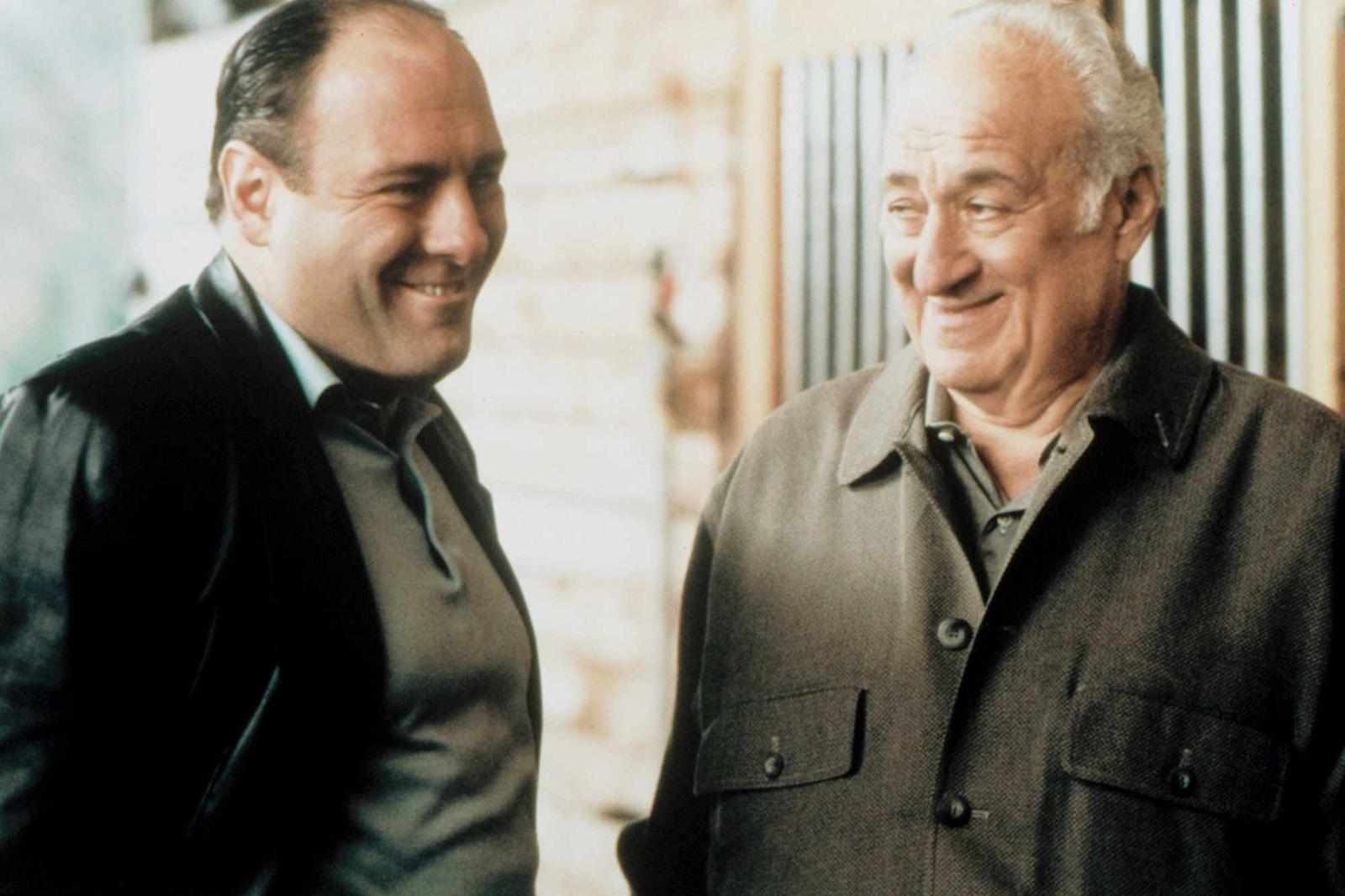
For close to the next thirty years, Adler was a familiar presence, especially in anything that took place in New York; that authentic accent was money in his pocket. Also, due to his years of close proximity to extraordinary individuals such as Katharine Hepburn, Angela Lansbury, Richard Burton, Zero Mostel, and Marlene Dietrich, he had a natural ability to hold his own opposite very powerful types that no amount of acting lessons will ever get you.
In what turned out to be his final Broadway gig, Adler was cast as part of the large ensemble of Larry David’s comedy Fish in the Dark (2015). With only one scene early in the play, performed entirely in a hospital bed, Adler ranted and raved . . . and then expired. The next two hours were spent backstage waiting for his curtain call. All I can think of are those smart and lucky actors who utilized their off-stage time well by hanging out with him in his dressing room listening to his stories.
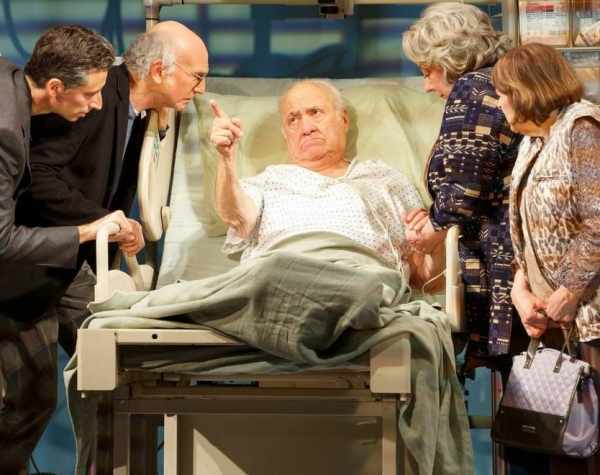
On that note, I’ll close with just part of the conversation from our memorable lunch in 2013:
Ron Fassler: Here are just some of the directors you worked with during your Broadway tenure: George Kaufman, Moss Hart, Orson Welles, José Ferrer, Mike Nichols, Peter Hall, John Dexter, Burgess Meredith, and Peter Ustinov.
Jerry Adler: That’s unbelievable, isn’t it?
RF: Those are some amazing directors.
JA: Amazing! Wow. I never realized that.
RF: So, who taught you the most? Who did you reply upon when you were directing on your own?
JA: I had some great conversations with George Kaufman [Of Thee I Sing, 1952], Mike Nichols... I loved working with Mike. And Michael Bennett, I think, was my favorite. I worked with him on three shows, including Coco [1969]. I helped him out with A Chorus Line.
RF: What did you find special about him?
JA: He was a regular guy. These other guys were intellectuals. He never was an intellectual. He could hardly speak English, but he was such a talent. He really knew what worked! That's hard to find.
RF: He unofficially directed Coco, didn’t he? He took on those chores in addition to choreography because, if I’m correct, Michael Benthall didn’t do much.
JA: Well, Benthall sat in the audience and watched a lot. He was drunk most of the time. Kate [Hepburn] wanted him because she’d worked with him previously and she demanded top people down the line. The top choreographer [Bennett], the top stage manager, me... but of course, in terms of great directors, don’t forget Moss Hart, who I worked with on My Fair Lady. One time, he took me to Wilmington to see a show starring David Wayne that was breaking in there. It was so much fun driving down to Delaware in a limousine with Moss Hart, I can’t tell you. We were met in the lobby of the theatre by the play's director, Bretaigne Windust, we take our seats just as the lights go down. The curtain goes up on a baronial mansion in Ireland and a green special comes on the staircase and Moss turns to me, and goes “Look—a leprechaun!” Then, the next thing we see, is David Wayne flying on a wire and he smashes right into the set creating a big hole! The audience is screaming, stagehands are trying to get him off the wire, and finally he's lowered just as the curtain is coming down—all just a minute into the show. Moss turns to me and says, “Funny play. Short, but funny.”
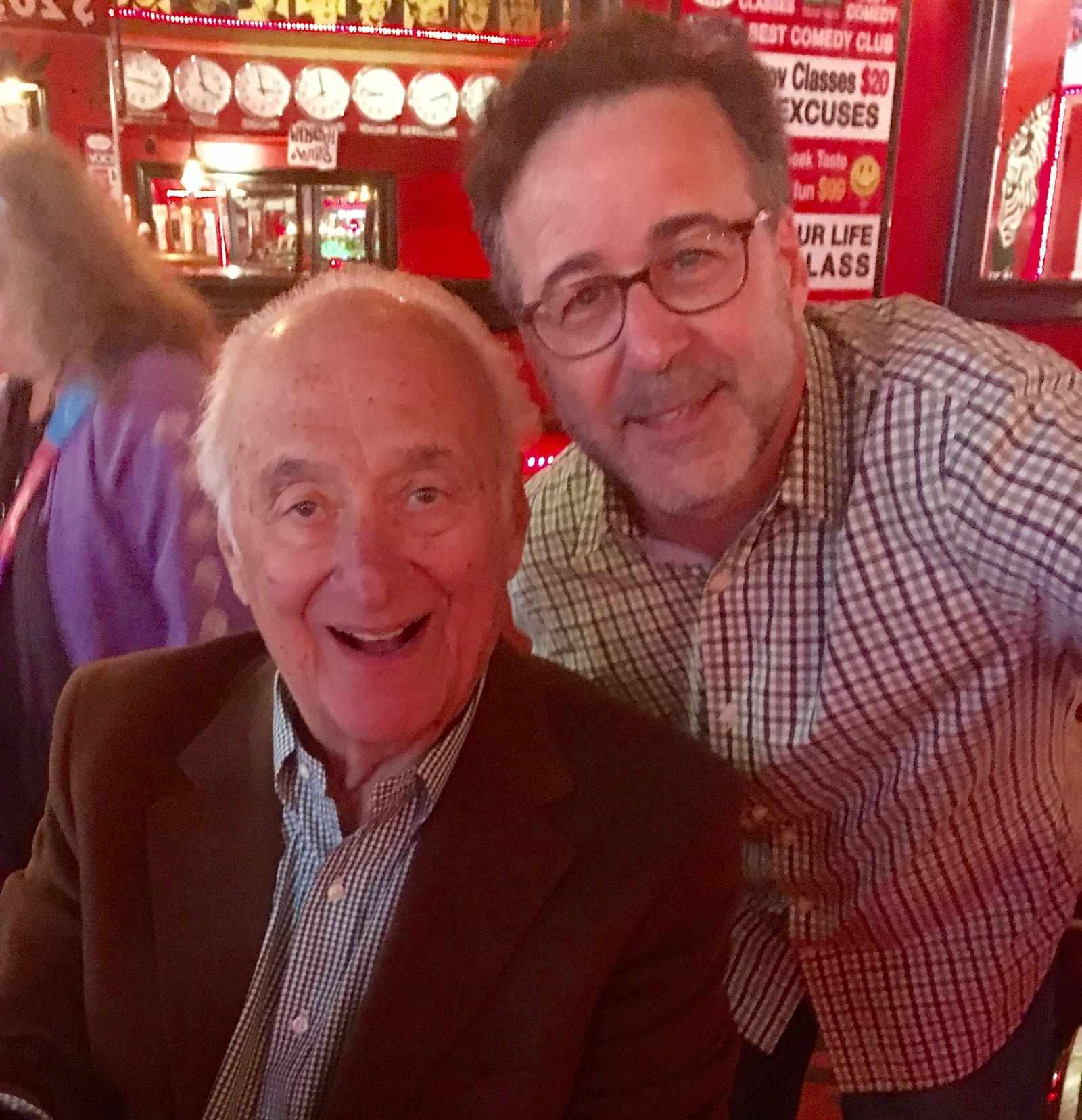
Ron Fassler is the author of the recently published The Show Goes On: Broadway Hirings, Firings and Replacements. For news and "Theatre Yesterday and Today" columns when they break, please hit the FOLLOW button.

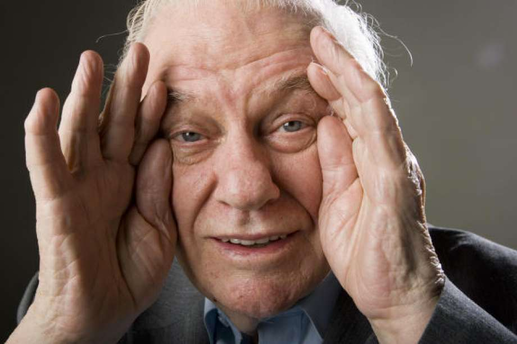

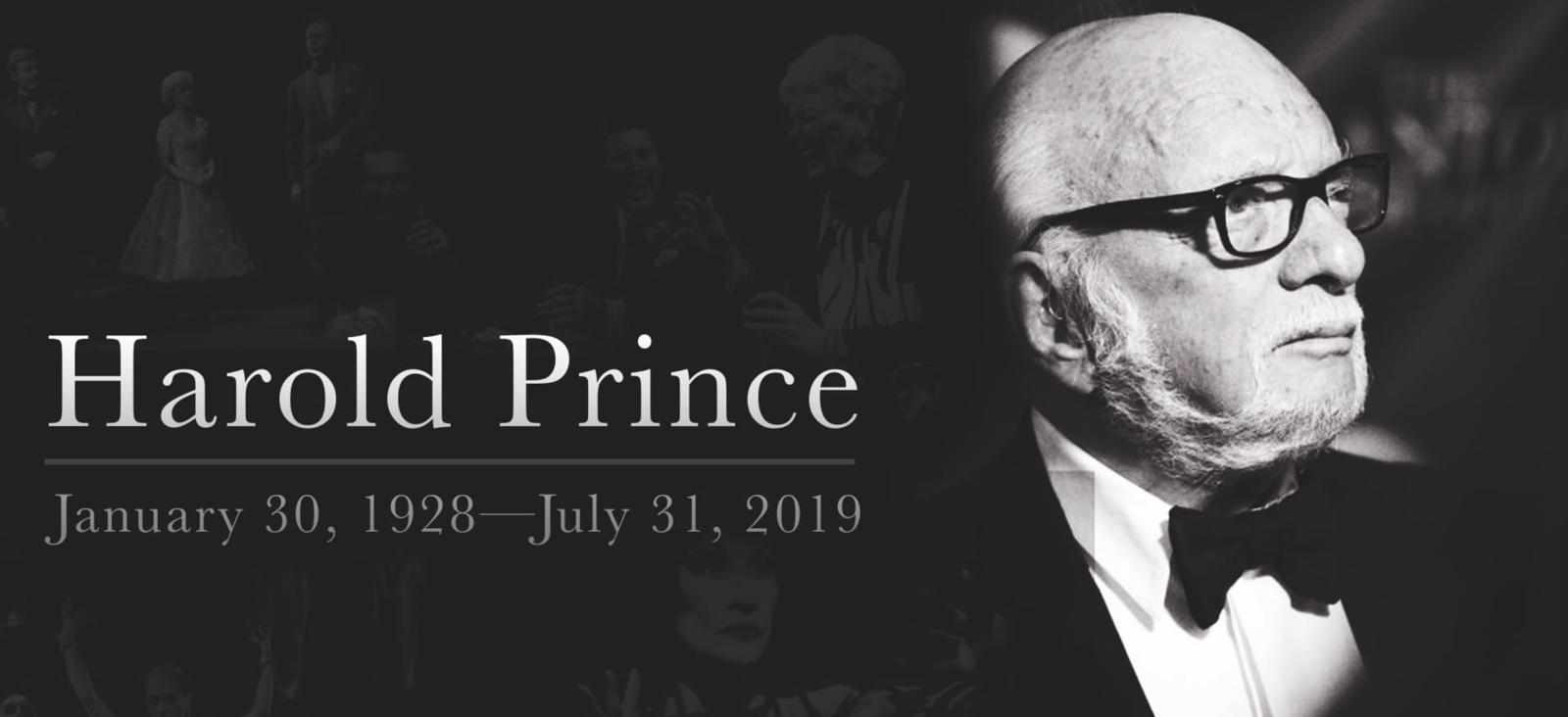
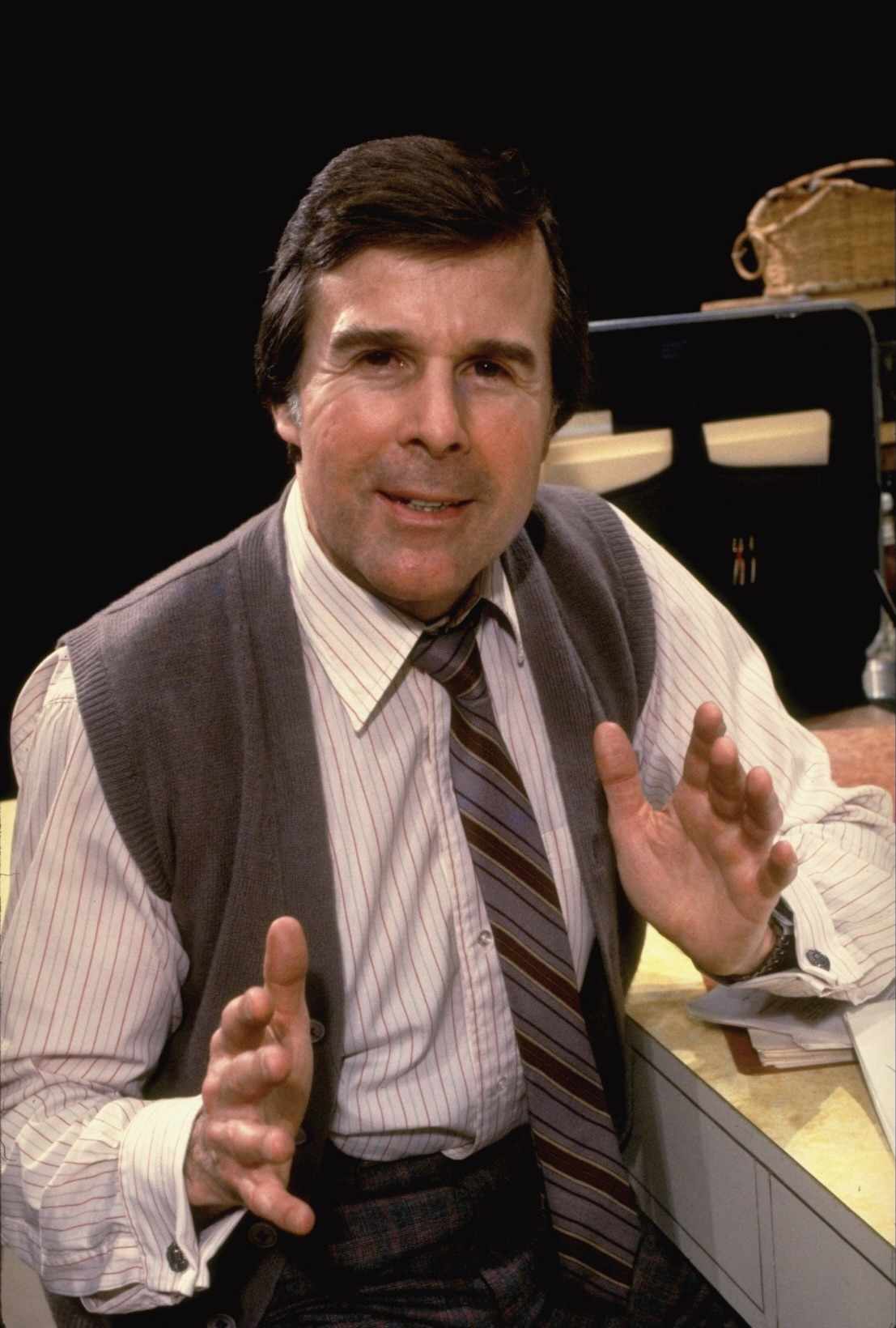















Write a comment ...